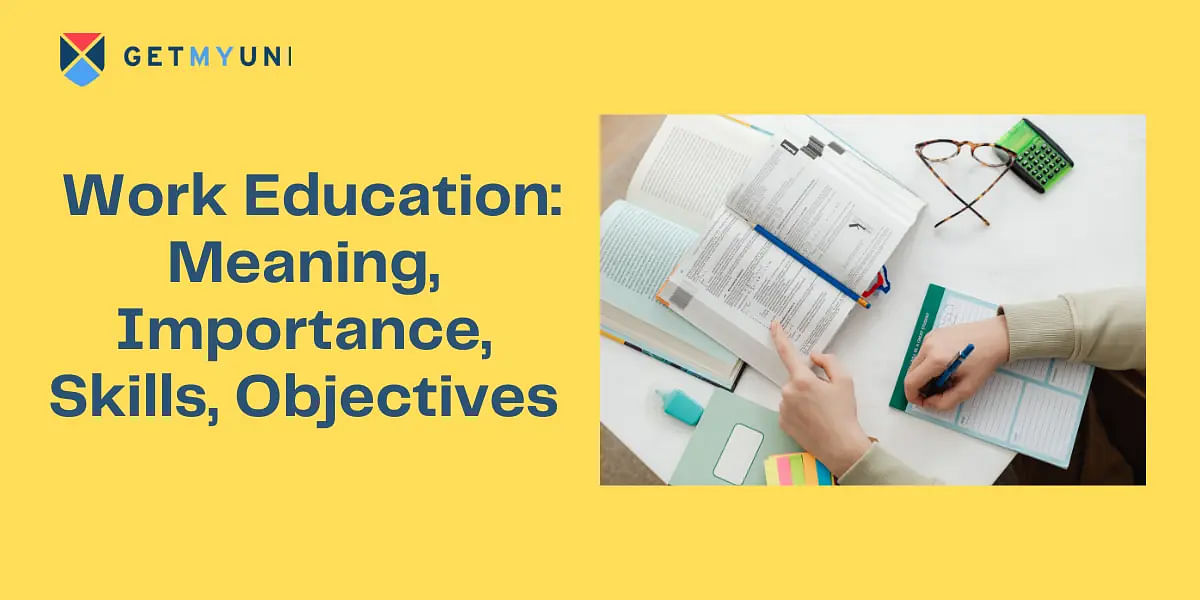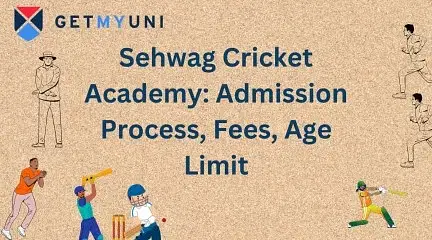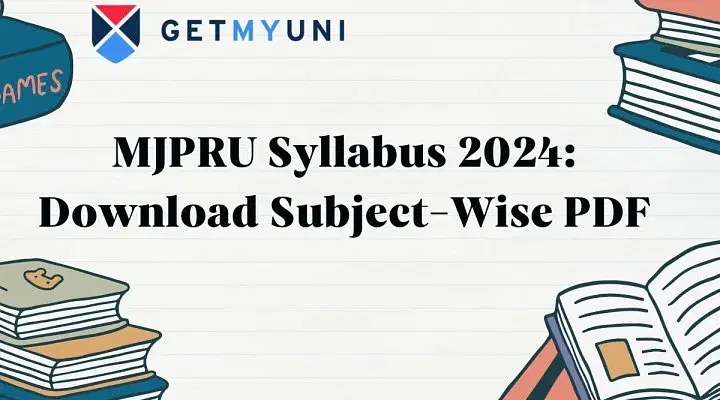Life skills education is the skill set of various required skills to develop one's personality. The students who are aspiring to be tomorrow's good leaders must inculcate life skills to attribute towards growth and success.
Life skills education relates to the study of behaviors that allow individuals to get used to and deal well with the demands and challenges of life. Meaning of life skills education usually refers to the skills students need to create the most out of life.
Generally speaking, the expression' life skills' is regularly used for any skills wanted to deal well and effectively with life's challenges. It should, therefore, be apparent that everyone will potentially have a different list of the skills they consider most necessary in life.
Meaning of Life Skills Education
Life skills education provides important tools for the overall development of students such as how to socialize and make new friends, decision-making skills to handle any situation (dealing with a bully, personal insecurities, or any other fear) especially when parents and teachers are not around.
It helps students build their confidence and be more communicative, recognize the impact of their own actions.
List of 15 Important Life Skills
Life skills meaning extends to other parts of environmental education, consumer education, basic livelihood, counselling sessions, career choices, and many more. Generally, life skills empower the young generation to act wisely to take positive approaches towards life to better health outcomes and positive social relationships.
1. Self-awareness - An individual must practice self-awareness before taking up any tasks in life, career, education etc. As the choices a person makes now, will bear the consequences for the rest of their lives.
2. Self-esteem - An individual must inculcate habits that boost thier self-esteem and stay away from people who break anyones self-esteem by harsh words and actions.
3. Coping with emotions - It is important for any individual to practice balance and the ability to control certain unhealthy emotions during curial circumstances.
4. Coping with stress - A person must learn to cope with the stress life throws at you. It could be stress from life incidents, or career, or relationships. It is important to find a healthy outlet to the stress.
5. Empathy - A person must be empathetic towards the changes in the people surrounding them. To being understanding and empathetizing with thier circumstances makes us human.
6. Effective communication - Choosing a mode of communication which makes the receiving end more receptive of the information that you are about to convey.
7. Conflict resolution and negotiation - An individual must be calm, composed, logical when they are resolving a conflict, and when negotiating he/she has be clear and concise by not giving away too much unnecessary information.
8. Assertiveness - Assertiveness is a major quality that any individual must inculcate. A person must be clear and very decisive when they convey their decisions to someone. Assertiveness is not equal to arrogance.
9. Peer pressure resistance - This is one of the common issues faced by every individual. When a person is sure about what, how, why they want something they wouldn't give up to peer pressure.
10. Critical thinking - An individual must have a sound critical thinking ability to be more quick on their feet with decision-making during crisis.
11. Creative thinking - Creativity in decision-making will sort problems more efficiently and smartly in a work or a family crisis.
12. Decision making - A decision making process must always involve a pros and cons list to get all facts straight before making a decision. And sometimes it's all about the gut feelings.
13. Leadership - Leadership quality has to be inculcated which involves a person to be more empathetic, decisive, creative, adaptable and more.
14. Adaptability - Being adaptive to theh changing circumstances makes an individual more friendly, and approachable.
15. Smart working - Though hard work pays off, being smart while working gives confidence and saves time for an individual. A person must find ways to finish a task more smart when it is expected of them.
Importance of Life Skills Education
Significantly, people should be taught to access information and activate prior knowledge for better understanding. Assisting the transfer of knowledge and skills to real-life situations is imperative.
- Teaching and instilling the value of routines, schedules, and the importance of following them helps them bring discipline in life.
- Teaching students to work willingly to reflect on their classroom experiences and reflecting on the same to increase morals and confidence.
- Giving responsibilities to students makes them manage time and learn various values that are important for sustaining a contented life.
- Major leadership roles in school, student voice, higher-level thinking skills, and academic goal setting.
- Practising these values regularly turns out to be a practical approach towards the betterment of morality.
- Life skills education helps them attain success in any vicinity as they grow and evolve.
- The decision-making procedure involves recognizing the issue, gathering data, generating possible courses of action, appraising alternatives, and making a thoughtful decision.
- The students should be actively involved in decision-making situations regularly as they progress through their education.
Objectives of Life Skills
Someone living in a rural society might put driving a car as an essential skill. By learning new skills, we equip ourselves to live a more creative and satisfying life, finding ways to cope with the challenges that life, unavoidably, throws at us. In addition, life skills tend to build better personality traits.
- Thoughts, feelings, notions, and ideas should be clearly expressed.
- Disagreements should be settled without hindering anyone's feelings.
- Activities should be concerned with flourishing physical health and contribute to well-being.
- Stress should be managed positively.
- Build team working habits.
- Keep personal goals reachable.
- Be comfortable with what you are becoming.
- Learn to accept things according to the situation.
- Start challenging yourself and try to discover yourself.
- Stay true to your values.
Advantages of Life Skills Education
Any skill that is helpful in life can be measured as a life skill. For example, tying shoelaces, swimming, driving a car, and using a computer are useful life skills for most people as they teach many different attributes. Below mentioned are few advantages of life skills education;
- Life skills education concerns the combination of psychological and social factors that contribute to healthy behaviour.
- The accomplishment of life skills education in schools addresses the needs of all children.
- It defines and flourishes the relationships of people in society.
- Life skills education can have an affirmative brunt on academic performance.
- Life skills education comes into sight to be amongst the most extremely valued by the potential employers of young people.
- Several studies have reported affirmative changes in self-reports of health-related behaviour.
- Several programs have stated that those based on skills learning are more valuable than traditional advancement based on information.
- Abundant studies have stated improvements in mental health status.
- It brings out the best from the child and helps in fostering better behavioural steps.
Books for Life Skills Education
People can refer to various books to have in-depth knowledge about lie skills. Below are few books to refer to,
| Name of the Books | Author |
| Life Skill Activities | Darlene Mannix |
| Life Skill Education Through Lifelong Learning | Dr A.R. Saravana Kumar |
| Life Skills Education And Curriculum | Gracious Thomas |
| Helping Your Pupil To Ask Questions | Jeni Wilson. |
| Social Skills Activities | Darlene Mannix |
| I Just Don't Like The Sound of NO! | Julia Cook |
| A Step to Career Education: A Functional Life Skills Approach | Donn. E. Brolin |
| The Toddler Brain | Laura A. Jana |
| Fall Again, Rise Again | Sandeep Aggarwal |
| Rescript your life | Reeta Gupta |










